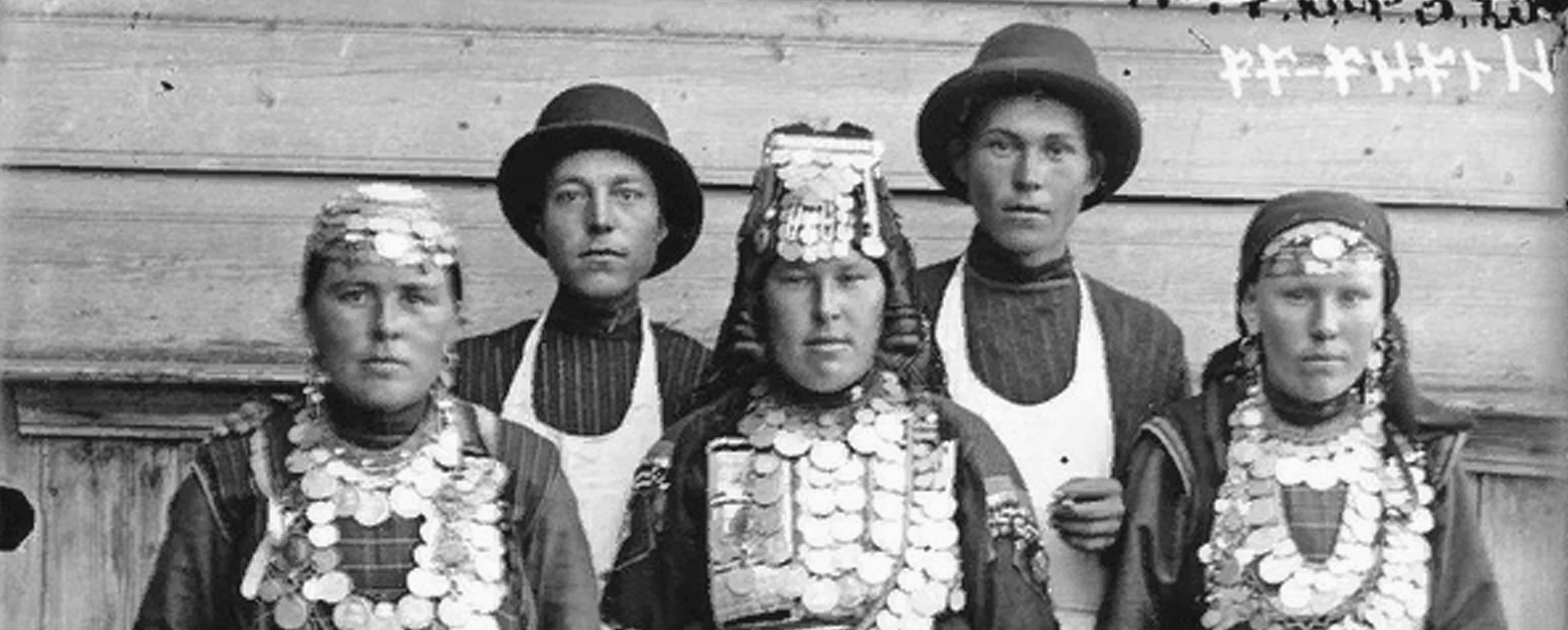Alex Bustos, a Catalan journalist who has made a visit to Russia, points out that “in the very center of Eurasia is located the land of the Udmurts. Their motherland, far from the sea and borders with other countries, at present is a republic of the Russian Federation of the dimensions of Spain’s Extremadura only situated between the Volga and the Urals.”
Known mostly for its arms factories and especially the production of the AK-47, he continues, the Udmurts and their Finno-Ugric language are threatened with extinction.
He begins his article by recounting the September 2019 suicide of Udmurt scholar Albert Razin to protest the threat to his and other languages of the indigenous peoples of Russia as a result of Putin’s decision to make the study of them completely voluntary.
“These changes led to anger in various regions of Russia” whose peoples fear that “this will lead to the gradual disappearance of their cultures,” Bustos says.
The inclusion in the Russian Constitution last year of a provision specifying that the Russian language is the “state-forming” one has only deepened these fears.
According to UNESCO, Udmurt is one of the 35 official languages in Russia “now under serious threat of disappearing,” with the number of those speaking it falling by more than a quarter between the 2002 and 2010 censuses.
Andrey Perevozchikov, a language activist and shaman, says that the decline in the use of Udmurt reflects the movement of people away from villages where that language is widely used into the cities where it has been largely displaced by Russian. When study of Udmurt was made voluntary, he adds, that sent the numbers of speakers down further.
The shaman reports that the Udmurts are also losing their traditional religion, with only about two percent of them practicing it. At the same time, however, he notes that there is evidence of syncretism between shamanist practice and the increasingly dominant Russian Orthodox Church.
Dmitry Yefremov, a professor at Izhevsk State University, says that the situation is not all bad. Speaking Udmurt has become fashionable among many young people in the cities even as ever fewer of their relatives in the villages use it. Unfortunately, fashion alone won’t save the nation’s language and culture.
The academic specialist says that Udmurts are increasingly interested in learning Finno-Ugric languages spoken by Finno-Ugric peoples who have become independent countries – Estonia, Finland and Hungary – because their own language background allows them to speak these tongues without any accent.
But the situation in Udmurtia needs to change, Yefremov says. Only one of the ten most popular media outlets is in Udmurt; and street signs in almost all cases are in Russian rather than in the republic language. Moreover, he argues, Russia needs what it does not have: a state program offering genuine support to its national minorities like the one in the EU.

